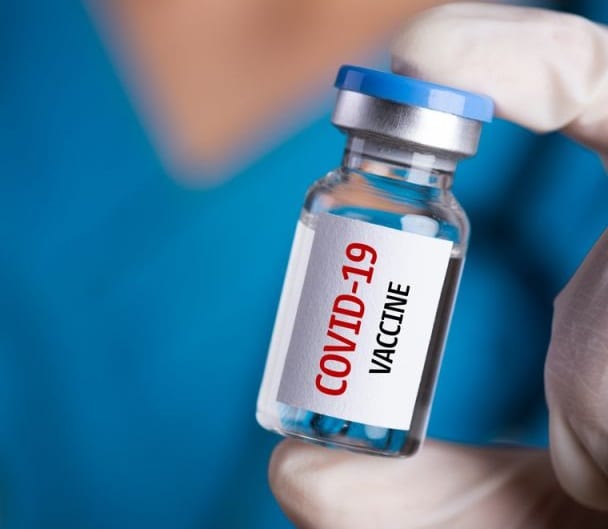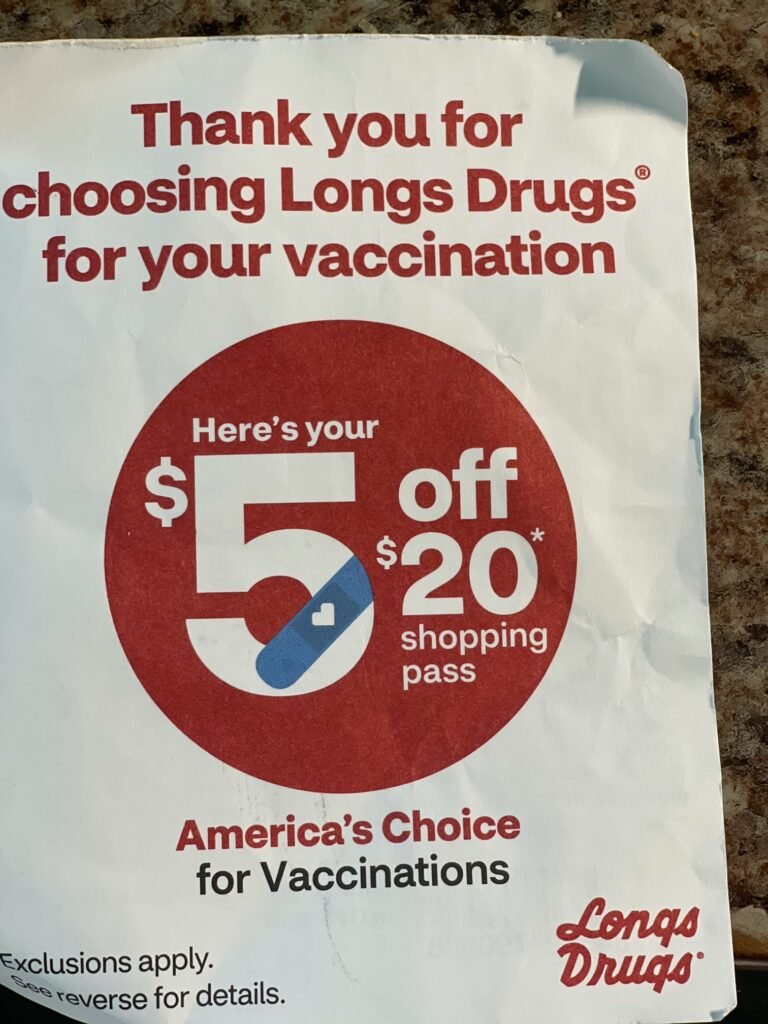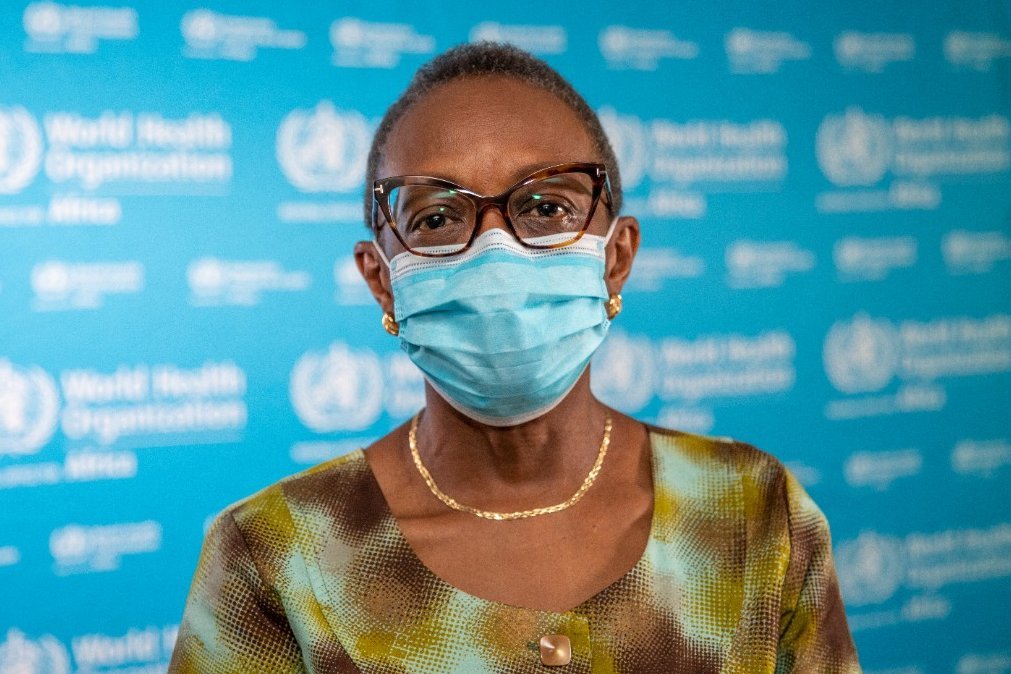
First COVAX vaccines in Africa: Honest and equitable?
Are these isolated cases of vaccines in Africa an outrageous fact, considering that the majority of the countries that are still waiting for vaccines are African?
- The problem of the even distribution of vaccines is the greatest moral test the world community faces.
- A very unequal distribution increases the contagion in the countries which receive it in little or no amount, and this favors the development of new mutations.
- The impact on the consistent spread of infection could jeopardize the effects of vaccination policies in the richest countries.
Almost three months after the first vaccinations in the UK, there was very good news for Africa that Sudan received its first shipment of 900,000 doses yesterday. This was coordinated by UNICEF as part of the COVAX program. Another piece of good news is the announcement that Uganda will receive its first batch of 854,000 cans tomorrow, which is also part of the 3.5 million it expects under this program.
This good and long-awaited news does not allow the unequal supply of vaccines to be swept under the rug, largely due to the hoarding of the richest countries, the policies of pharmaceutical companies, and the weakness of the countries that do it, not just nations with the lowest income. During her viral web intervention in the European Parliament, Ms. Manon Aubry extended the charge of weakness to the European Union and its President, Ms. Ursula van Leyden, and drew attention to the too many unknown clauses in vaccination contracts.
There have been several requests to suspend the vaccines’ intellectual property rights (IPRs), at least while the COVID-19 pandemic continues. The international organization responsible for this matter is the World Trade Organization (WTO), which is due to decide on India and South Africa’s proposal to grant patents and other intellectual property rights in pharmaceuticals at the meeting of its General Council and its committees, scheduled for March 1-5 , diagnostic tests and vaccines against COVID-19 will be suspended for the duration of the pandemic.
This proposal was supported by the World Health Organization (WHO) and by Médecins Sans Frontières (MSF), whose international president, Mr Christos Cristou, has requested the assistance of the President of the European Union and the Italian Prime Minister, Mr. Mario Draghi to have the proposal approved. The identification of the addressees was no accident. Indeed, the European countries constitute the vast majority of the minority of the WTO member states who oppose the measure.
At the time of writing, the conclusion of the WTO meeting is not yet known, but this makes an analysis of the broader aspects of the issue and the situation on two continents – Africa and Latin America – that are badly needed, no less timely a change in policy in the vaccine distribution.
A WTO decision seems unnecessary. There are other instruments that could, at least at national level, allow such a decision as has sometimes been made in the past. For reasons including the effectiveness of national measures, the unique nature of the geographic spread and severity of this pandemic, and a few others that are broader in scope, this is not the case.
The two key questions are:
- Is the principle that health is a public good of a higher category than the commercial interests of pharmaceutical companies?
- Does this give states the right to regulate this matter?
In asking these questions, you are not denying the importance of what pharmaceutical companies have done. Their action enabled the extraordinary result that vaccines were safely approved in less than a year. However, it should not be forgotten that they have received very significant public funding and economic commitment. In some cases, such as in Israel and the United Arab Emirates, vaccine testing has also been supported. Financing and cooperation countries were given these rights of first refusal to the exclusion of any participation in intellectual property rights.
The WTO has already had the opportunity to examine the proposal at the December meeting of its General Council. Despite the support of the majority of the 164 Member States, the proposal did not reach the approval threshold. Most of what the majority could get were general statements, such as that the instrument of Advance Market Commitments (AMCs) was not based on reasons of ethical and medical effectiveness from critics for reasons of bias in vaccine distribution due to financial standing and not from medical reasons and the realization that these concerns are reflected in statements made by some WTO members.
In fact, MsF not only points to common ethical principles, but also to additional reasons that justify expanding vaccine production. The vaccination function is not only used to protect against possible infection. A highly unequal distribution, as happens by chance, increases the contagion in the countries which receive it in little or no amount, and this encourages the emergence of new mutations. Their geographical control is impossible, as the experience of migrations from Africa to Italy and Spain through the Mediterranean shows. The impact on the consistent spread of infection could jeopardize the effects of vaccination policies in the richest countries. Some politicians like to emphasize that this is illegal. Yes and? It is a fact that just as many others are not unknown to the richest countries.
However, these countries seem to prefer to rely on a free market that allows them to secure the doses they need, and their leaders often preferred to provide financial assistance to purchase vaccines for at least up to have not arrived now, or make proposals to send surplus vaccines to countries with fewer resources instead of clamoring that the decision-makers in public goods are states.
Pharmaceutical companies claim that sharing know-how is impossible. This is wrong. Such a division took place in countries such as India, Brazil, Argentina and Mexico. Other countries that would have the technical capacity to participate in the production have seen your request to buy, we are re-buying, the rights are ignored. This happened in the case of the Dominican Republic. This country has a high-level biotechnology center which, as confirmed by the President of the Conference of University Rectors, has the scientific and technical capacity to manufacture vaccines. Last August, the President of the Republic, Mr. Luis Abinader, asked a large manufacturing company to negotiate not only about buying vaccines but also about production rights. The request was ignored.
The short vision of the richest countries is not only evidenced by neglecting the epidemiological risks of politics where there are countries where there is and there is not.
Perhaps for internal reasons, the goal of these countries is to achieve herd immunity for each country as quickly as possible through a vigorous vaccination campaign. Possible anticipations of the expected performance date are announced with pride, even if accompanied by statements that the pandemic must be defeated everywhere, as Spanish President Pedro Sánchez said at the G20 summit in Abu Dhabi: “We will not be safe until everyone are safe. ”
It has ignored the fact that a study commissioned by the International Chamber of Commerce (ICC) estimates that the richest countries can successfully complete vaccination of their populations in the first half of the year, while poor countries have only achieved success by then economic consequence scarring: a loss of over $ 9,000 billion. This loss will have a significant impact on the rich countries, which should face the market decline of the poor countries and severe impact on chain production as the demand for raw materials, parts and components has decreased.
The geopolitical effects can of course be assessed differently depending on the country. The hoarding of production by several Western countries, with purchases and purchase options often exceeding their needs and possibly exceeding production itself, may find an explanation in the dynamics of domestic politics or in uncertainties about delivery times, but possible direct and indirect consequences seem to be underestimated . The lack of western-made vaccines favors the use of Russian and Chinese vaccines. There is no doubt that this will favor the Chinese vaccine diplomacy announced by President Xi Jinping in Abu Dhabi: “We will honor our commitments to offer help and support to other developing countries and work hard to make vaccines a public good for all citizens Countries can use it and afford it, ”and that will not favor President Biden’s recent plans for trade competition with China.



